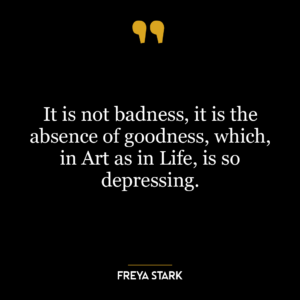This quote is suggesting that no matter what problems a totalitarian regime claims to solve, the regime itself is a greater evil. Totalitarianism is a political system in which the state holds total authority over the society and seeks to control all aspects of public and private life. It often promises to address societal issues such as inequality, corruption, or economic instability. However, the price of such promises is often the loss of individual freedoms, human rights, and the stifling of dissent, which Camus argues is a worse situation than the initial problems.
Camus’s assertion can be seen in historical examples where totalitarian regimes have led to widespread human rights abuses, genocide, and other atrocities. The promise of a better society is overshadowed by the reality of oppression, fear, and violence.
In today’s world, this quote can be applied to situations where governments or organizations promise to solve complex issues, but in doing so, they infringe upon individual rights and freedoms. It’s a reminder to critically evaluate the trade-offs being made and to question whether the proposed solution is worse than the problem it aims to solve.
In terms of personal development, this quote might serve as a warning against seeking quick fixes or easy solutions to complex problems. Just as a totalitarian regime may promise a better society but deliver a worse one, so too might an individual be tempted to take a shortcut or an easy way out, only to find that the solution is worse than the problem. It speaks to the importance of considering the long-term consequences of our actions and decisions, rather than being swayed by immediate benefits or easy solutions.











